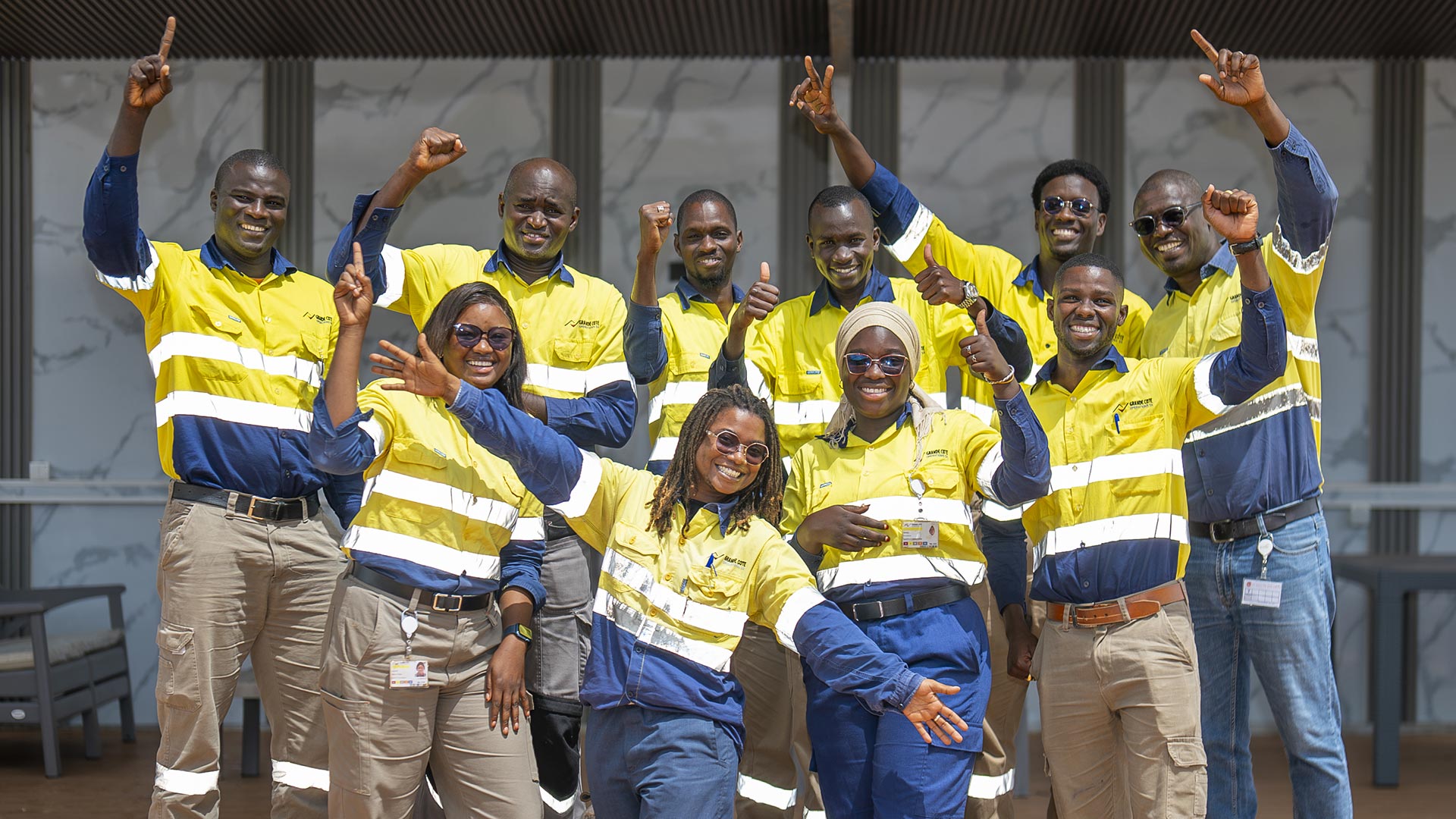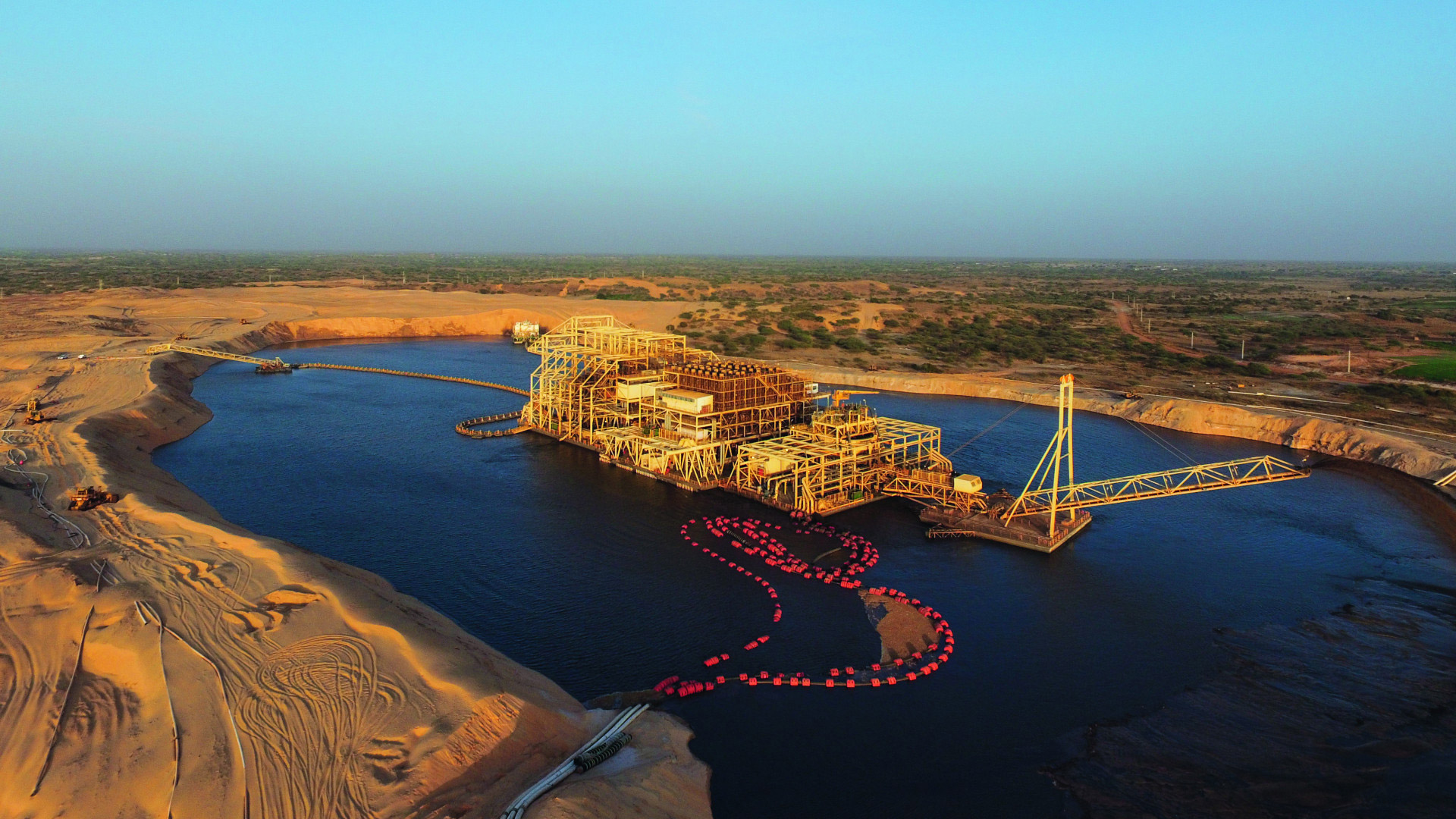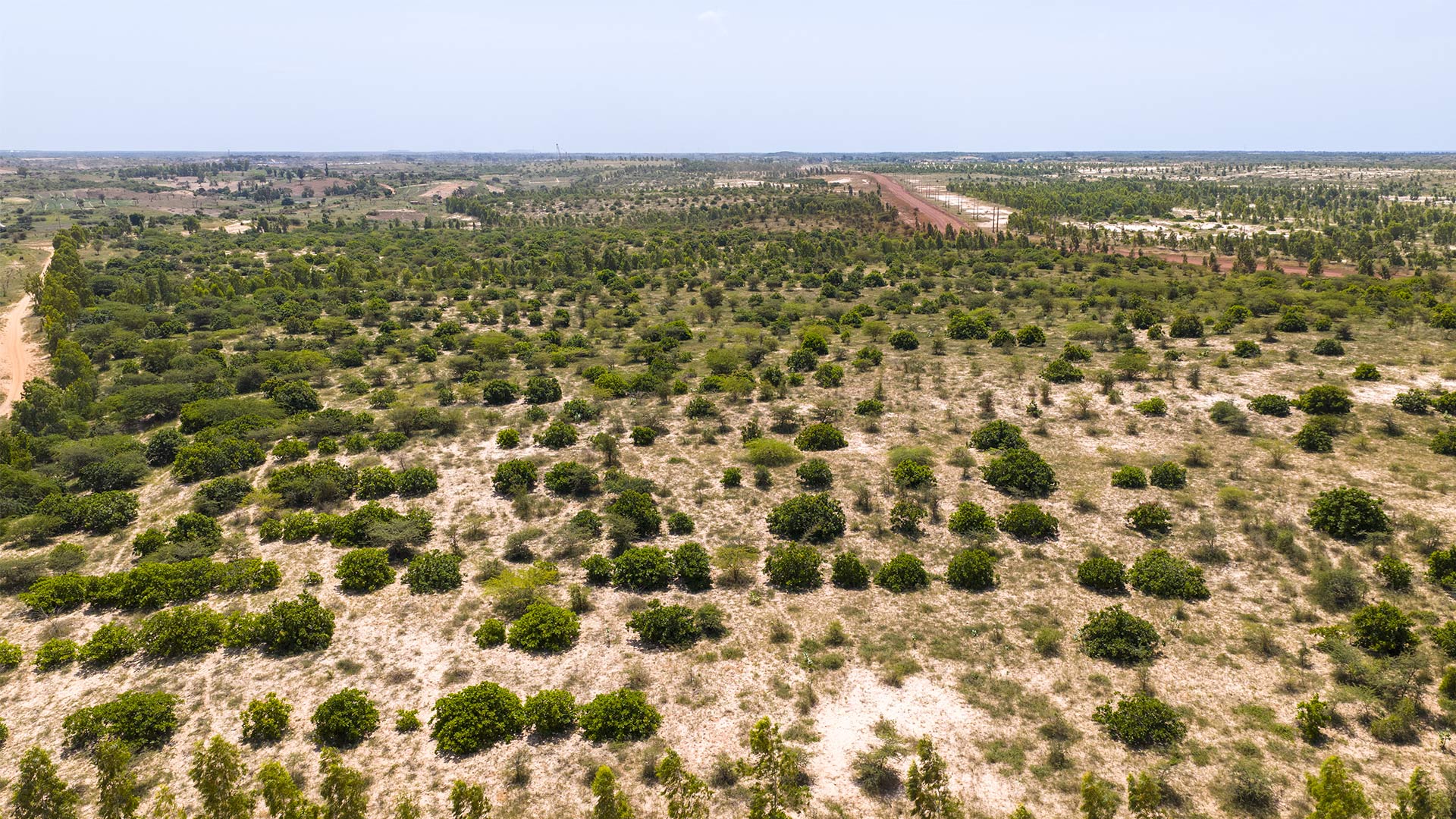Eramet is working towards responsible mining with IRMA
A structuring commitment of the Group
In 2022, Eramet made a voluntary commitment to align all of its mining sites with the requirements of the IRMA standard (Initiative for Responsible Mining Assurance), an international benchmark for responsible mining.
The Group aims to involve all of its mining sites in an evaluation process according to the IRMA standard by the end of 2026, thereby positioning itself among the first players in the sector to publicly commit to an independent and transparent assurance process.
A demanding international standard
Published in 2018, the IRMA standard defines the best international practices for responsible mining. Its multi-stakeholder governance, bringing together NGOs, affected communities, unions, buyers, investors, and mining companies, ensures a high level of rigor, independent evaluation, and complete transparency of results.
For Eramet, IRMA serves as a structuring lever to sustainably embed responsible mining at the core of operations and strengthen trust with all stakeholders.
An operational implementation on the ground
This commitment materialized in February 2026 with Eramet Grande Côte (EGC) in Senegal achieving the IRMA 50 performance level, becoming the first mining site of the Eramet Group audited according to the IRMA standard. It became the 14th mining site in the world to undergo a performance evaluation under this standard.
The independent audit thoroughly assessed the site’s environmental, social, and governance practices. The audit report is made public and accessible to all stakeholders.
In Argentina and Indonesia, the Eramine and PT Weda Bay Nickel sites have completed their self-assessments, and an improvement program is being implemented at each site in preparation for future audits. In Gabon, Comilog began its self-assessment in April 2024.




